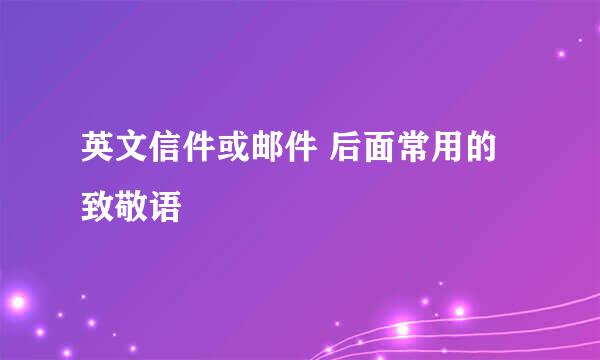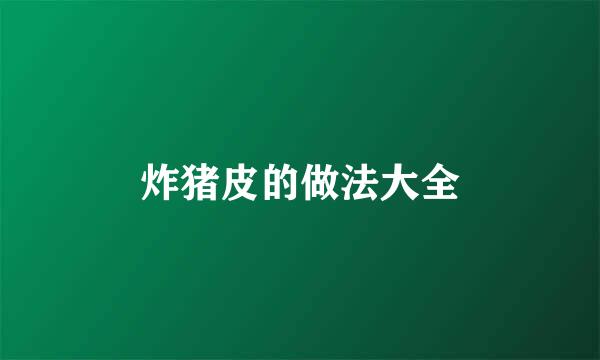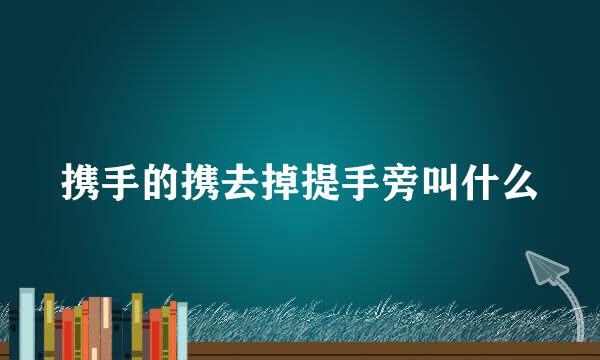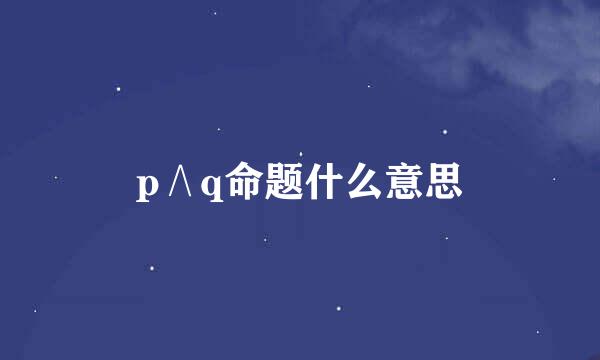英文信件或邮件 后面常用的致敬语
的有关信息介绍如下:
英文信件或邮件的最后总会有类似“此致”、“敬礼”之类的敬语,英文中常见的致敬语也很多,他们之间到底在什么场合合适呢?有什么需要注意的呢?下面一一介绍常用的用语
Love
Very personal. Used between lovers, family and close friends.
Cheers
Very casual. Used between friends. Can be used between coworkers if you want to appear very casual, at the risk of sounding unprofessional.
Take care
Casual and used between friends.
ThanksorThank You
'Thanks' is very casual and 'Thank You' is formal. Usually used in a business setting. 'Thank You' is a great way to end an email to a stranger, especially if you are making a request or asking a question.
YoursorYours TrulyorTruly
Casual or Business casual. A more personal, but still polite way to end the letter. You've probably met the recipient in real life.
BestorBest Wishes
Casual or Business casual. A polite way to end the letter. Can be used between friends or strangers.
SincerelyorSincerely YoursorYours Sincerely
Casual, Business casual or Formal. The standard letter ending. 'Sincerely' is the most versatile ending because it can be used to end either casual or formal correspondence. If you're unsure about how to sign your letter, use 'Sincerely'.
RegardsorBest Regards
Business casual or formal. You would use this if the recipient is someone you haven't met in real life.
Cordially
Formal. Used in business correspondence when the topic of the letter is serious. Sometimes used if there is a conflict between the sender and the recipient.



